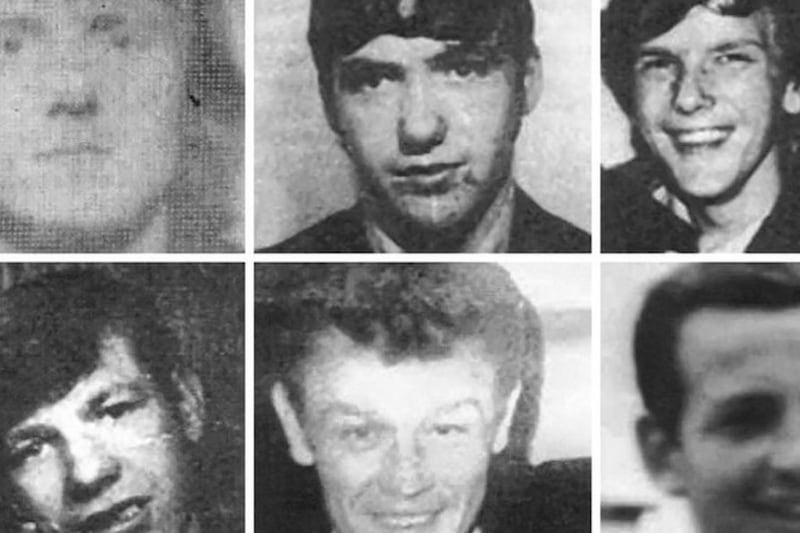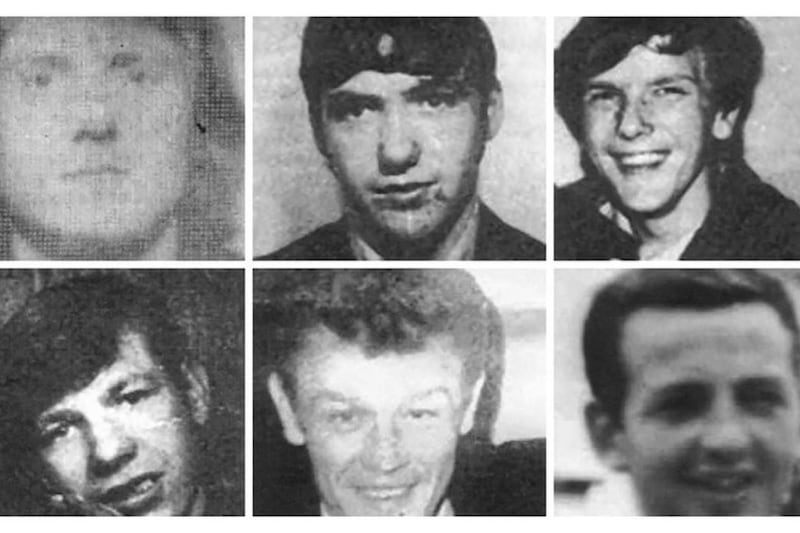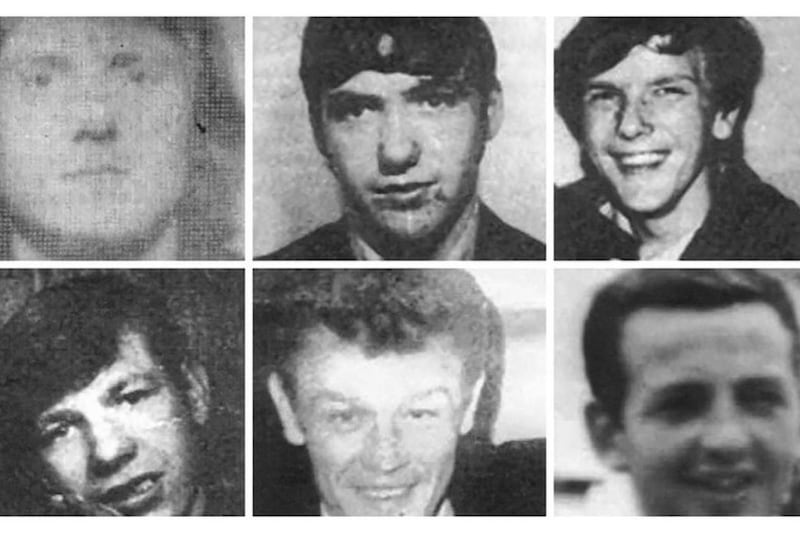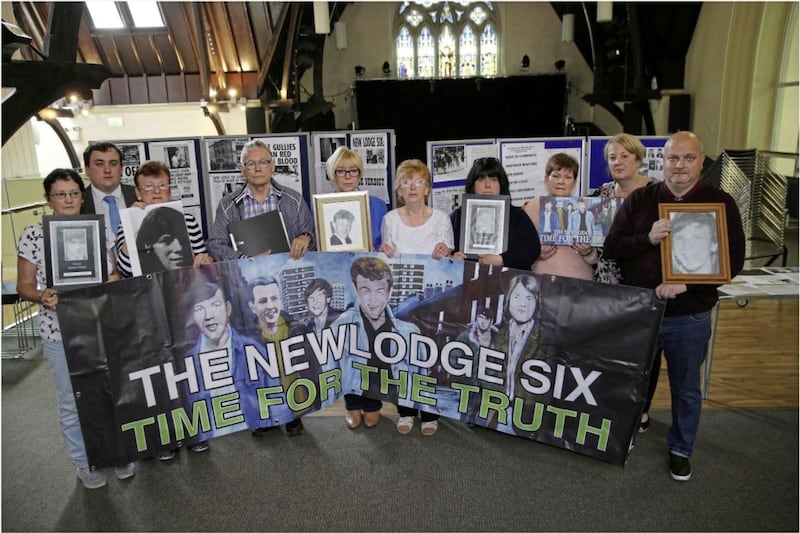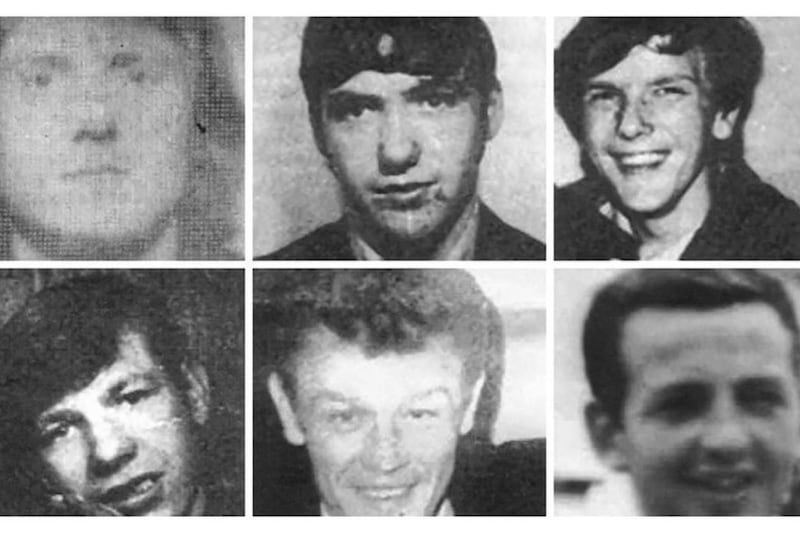The Attorney General has ordered a new inquest into the deaths of six men believed to have been killed by the British Army in north Belfast during the Troubles.
James McCann, James Sloan, Anthony Campbell, Ambrose Hardy, John Loughran and Brendan Maguire were killed in the New Lodge in 1973.
A number of them were members of the IRA.
Attorney General Brenda King wrote to victims' group Relatives for Justice (RFJ), informing it of her decision.
Relatives of the dead believe the first two shootings were designed to provoke a response from the IRA.
RFJ casework manager Mike Ritchie said: "They claimed that all six were in the IRA but that is obviously not the case.
"Two were IRA personnel but not on active service at the time."
He said the group had been out for a drink when they were shot dead by soldiers in an effort to provoke a battle with republicans.
The men, referred to as the New Lodge Six, were killed in two separate shooting incidents.
Their families believe soldiers were responsible for all the killings and that a one-day inquest in 1975 failed to properly examine the deaths.
Relatives for Justice said the coroner will be able to force the Police Service of Northern Ireland (PSNI) and Ministry of Defence to hand over documentation and ensure any surviving soldiers are required to attend and face cross-examination on their conduct.
It will also mean that vital testimony from eyewitnesses, whose statements were not heard by the original inquest, can be considered.
While the deaths of Anthony Campbell, Brendan Maguire, John Loughran and Ambrose Hardy will be reviewed by the PSNI's Legacy Investigation Branch (LIB), those of James Joseph Sloan and James McCann will not, the Attorney General said.
She said it may be some time before police investigations are completed and any evidential leads investigated.
"While it would have been open to me to either refuse or defer making a decision in their cases, I believe it is preferable that all of the killings in the New Lodge area on 3/4 February 1973 be the subject of a fresh inquest.
"In the event that the PSNI investigations result in further evidential leads being discovered these should, of course, be pursued by the PSNI and the coroner should be informed of any significant developments."
Mr Ritchie said it was an important step in the search for truth about the events in New Lodge 48 years ago.
Willie Loughran, the brother of John, said it was an unprovoked attack on the New Lodge community that has left a deep trauma and many questions.
"We hope that a new inquest will answer some of the many questions we have as to the intentions and actions of the British Army on that awful night."
Gary Duffy, a lawyer from KRW LAW, said it was massive news for families who have fought tirelessly over decades.
"It's important to note that today's result comes against a background of intense litigation.
"Ongoing judicial review challenges by the Campbell and Beatty families will now be reassessed in light of this direction.
"This includes the case examining ongoing failures to have an independent criminal investigation into the murders which is due for hearing later this year."
He said he was writing to the attorney's office asking for immediate prioritisation of this inquest given the elderly age of the next of kin and the fact that this was one of the earliest atrocities of the conflict.
"So often we have seen families hopes of access to justice evaporate because of the systemic chronic delays in getting inquests to hearing.
"We really have to guard against that happening in yet another case."




